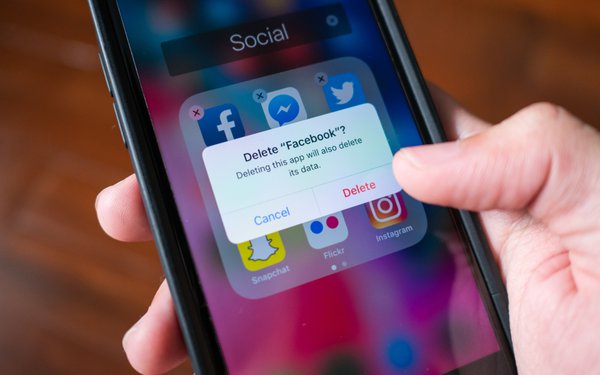
Brand trust has proved quite valuable for Facebook, but as
trust wanes, analysts have begun to lower second-quarter 2020 earnings estimates.
Needham Analyst Laura Martin wrote in a research note published Thursday that the firm is lowering its FY21
estimates for Facebook, in part, “because brand trust is expensive and difficult to rebuild.”
It’s not only the brand trust for Facebook, but the trust consumers have in
brands to do what’s ethically and morally correct.
On day two of the boycott, more than “400 companies, from Coca-Cola and Adidas to Ford and Lego,” have committed to halt advertising on
the social network in July, according to NPR.
The growing controversy over how the social giant handles hate speech and other harmful content aims to not only prove these companies' loyalty to
ethics, but also consumers.
The campaign takes aim at Facebook's lifeline -- advertising accounting for more than 98% of the company's nearly $70 billion in revenue last year.
Needham
& Co.’s report lists the “complex” motivations of some brands. They range from Facebook’s free speech policy that allows hate speech to post and remain up or untagged to
silencing Donald Trump on social platforms through the November election.
Forbes values Facebook’s brand value at $90 billion, implying that 15% of its evaluation is at risk, Martin
wrote.
While Facebook agreed to allow the MRC to do a brand-safety audit, which takes six months to complete, Moody's Analytics estimates 1 million small businesses will fail from lower ad
spend because of COVID-19. Martin wrote Facebook just isn’t cutting costs fast enough.
More than 100 billion messages are sent on its services every day, according to Facebook.
Triggering the boycott, and spurring criticism in recent weeks, was its decision to allow controversial posts by President Trump to remain up.
“Of course, focusing on hate speech and
other types of harmful content on social media is necessary and understandable, but it is worth remembering that the vast majority of those billions of conversations are positive,” wrote Nick
Clegg, VP of global affairs and communications at Facebook, in a post published Wednesday.